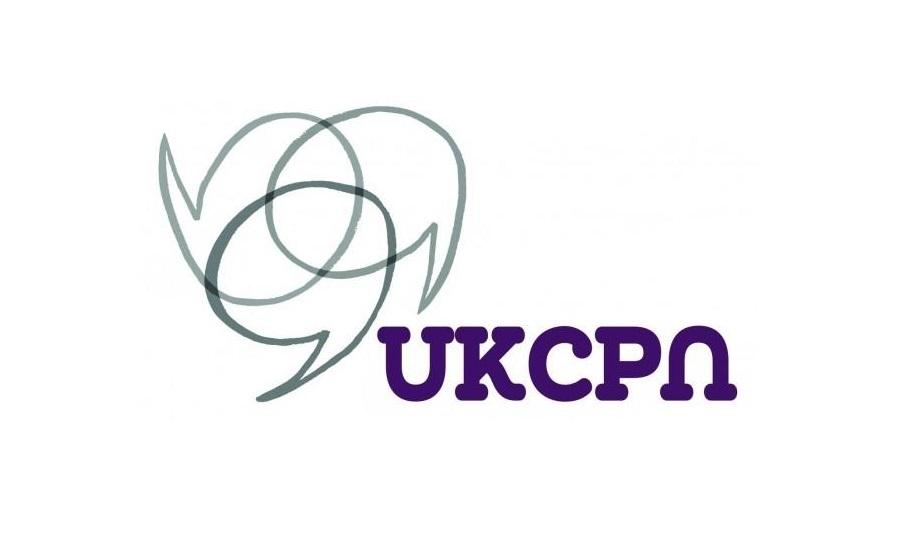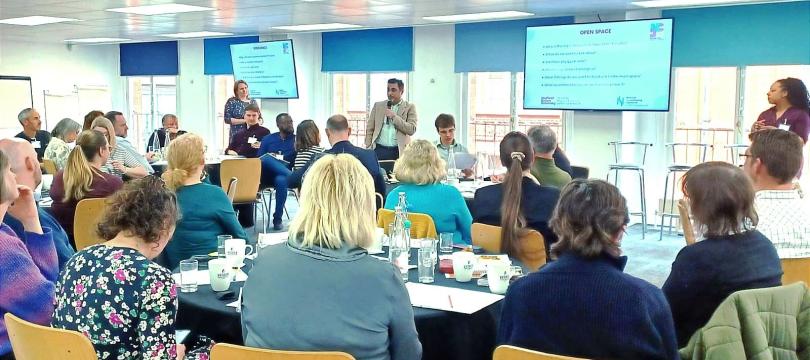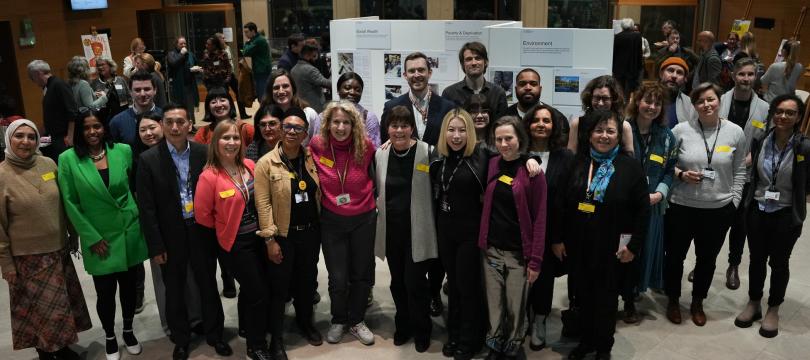Who leads community university partnerships and how well do they work?
Who leads community university partnerships (CUPs)? How well do they work? What are the challenges and issues for CUP working? Does bringing community partners together help to develop better ways of partnership working? Sophie Duncan (NCCPE) and Kim Aumann (community partner) reflect on these issues.

18 / 05 / 2015
These are the types of questions that brought members of 20 community organisations together in 2012 and sowed the seeds of the UK Community Partner Network (UKCPN) – a free network to support community organisations wanting to, or already working with, universities. The event sought to explore community organisations’ experiences of partnering with universities – what worked well, and what was difficult. Whilst each organisation was involved with a university in a different way, they shared much in common including the challenges of: negotiating different cultures; agreeing and managing expectations; power and equity; funding and capacity; and communication. Despite this, there was a huge enthusiasm for developing mutually beneficial partnerships.
Since these early beginnings, the UKCPN has been established with the aim of unlocking the potential of community-university partnerships to positively impact social concerns. Based on the belief that partnership working can transform communities and institutions because they tap into different knowledge sets to generate and expand new understandings of social problems and solutions, the UKCPN aims to support community organisations to develop effective partnerships with universities.
The scope of the UKCPN has been defined by community organisations through the initial event, a working group who established the network, a survey of over 100 community organisations, and focus group discussions. The main need identified was for community organisations to come together to share their experiences and develop their capacity and knowledge of this type of working. Through funding from the Arts and Humanities Research Council ‘Connected Communities’ programme the UKCPN has run 2 national summits and a range of regional events to support this aim. The Connected Communities programme is a source of inspiration and learning for the network as it funds a range of community university research partnerships. You can find out more here.
So how can we support community organisations wanting to develop more effective CUPs? Here are out top four tips – but you can find more on our website.
- Finding a partner can be tough but you may be able to get help. Check out if the university has a unit to support CUPs e.g. a helpdesk; a public engagement unit; a community engagement team. Sign up to newsletters, attend relevant events, and check out the website.
- Getting partnerships working well is one of the biggest challenges. So start as you mean to go on by making sure that partners share expectations, contributions, roles and timescales.
- Understanding the cultural differences is key, so find time to explore what motivates you and your partners to do this work, and how you plan to work together. It might be worth understanding some of the things that drive academics e.g. the Research Excellence Framework (REF) is a way academic research is assessed and it includes the impact of the research for communities and society as part of the assessment.
- Don’t underestimate the importance of communicating regularly, face to face, and with a wary regard to differences in language.
If you can get it right, participating in CUPs can have many benefits e.g. new contacts; new ideas; developing confidence. Organisations also benefit e.g. from the space to reflect critically on their work; connections with new people who inspire different ways of thinking.
We hope you will want to get involved in the UKCPN. Supported by the National Co-ordinating Centre for Public Engagement (NCCPE), we have launched web resources and an online discussion email list; and we run events to support CUPs to flourish. We are involved in the NCCPE’s conference Engage 2015 on the 2nd and 3rd December, which this year will focus on research collaborations. You can find out more here.

